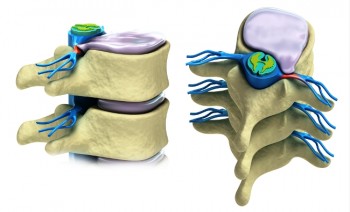The spinal cord is a complicated and multifaceted part of the human body. A spinal cord injury, then, defies easy classification. To properly understand and document the severity of such an injury, a team of medical experts must carry out a series of tests and generate clear, thorough evidence. But the injured person will also need a lawyer who specializes in this complex area and can navigate the demanding legal landscape to win proper compensation in a claim.
When the spine is impacted in an accident or event, the resulting damage will depend on the specific site of trauma. The spinal cord is comprised of four main areas: the cervical region (neck), the thoracic region (chest), the lumbar region (lower back) and the sacral region (tailbone). It is common to lose movement and sensation below the point of impact. So, for example, a person may suffer trauma to the lumbar region of their spine, but retain the use of their arms.
A spinal cord injury is divided much more intricately beyond this initial diagnosis. It can be termed a complete or incomplete injury, a reference to whether the individual has any sensation at all below the injured part of the spinal cord.
When the injury could be classified as incomplete, a neurologist will have to carefully establish and document the individual’s full range of impairment; for example, the individual might have some sensation on one side of the body, say, in the right wrist, but nothing in the left wrist. If some functioning returns below the injury site, this can complicate things further.
If you or a loved one has suffered a traumatic spinal cord injury, it is important to seek out the help of an experienced personal injury lawyer. The right lawyer will refer you to the most experienced and qualified medical experts, who will provide an accurate and comprehensive assessment of your injury. Spinal-cord-injury classification is not black and white, so you need competent medical and legal help to provide clarity and ensure you receive appropriate rehabilitation to maximize your level of recovery.




